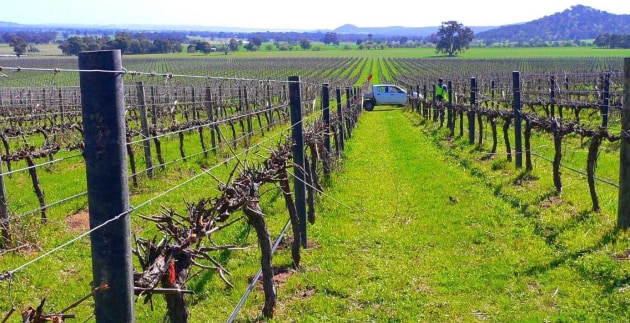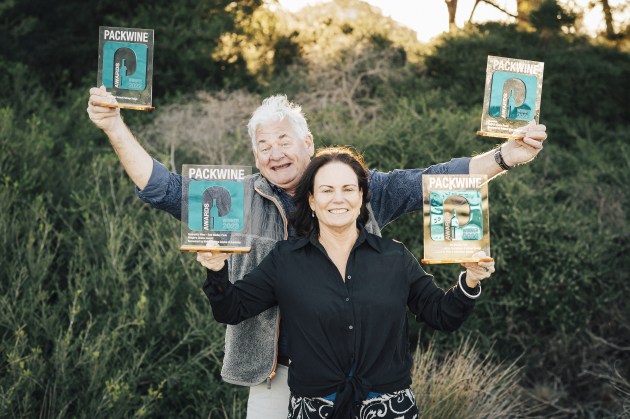Greenskin Wine, a brand committed to sustainability and innovation, has named Plasmar as its new recycling partner, the latest development in the company’s pursuit of environmental responsibility and waste reduction.
Plasmar is a fully-fledged recycling operation that transforms plastic waste into long-life, environmentally friendly alternatives to timber, which are then used to create a range of durable products including pallets, sleepers, bollards, and even vineyard posts.
“Our commitment to sustainability and passion for innovation has always been the driving forces behind the company,” said Mike Davies, co-founder of Greenskin Wine.
“Teaming up with Plasmar aligns perfectly with our mission to minimise our environmental footprint and inspire positive change in the wine industry.”

As a further testament to Greenskin Wine’s dedication and innovative approach to packaging, the company has just received two major wine awards at the 2023 PackWIne Forum and Expo for the second consecutive year.
Last year, Greenskin Wine received the Best Alternative/Sustainable Package Design Award and the People’s Choice Award. This year, Greenskin Wine has again secured both accolades.
Davies said he is immensely proud of the recognition received from the wine industry.
“These awards are not just a testament to our efforts, but they also reflect the industry’s willingness to embrace sustainable alternatives and contribute to a greener future,” he said.
“Even without our recycling program, the energy savings in production and transport make Greenskin Wine pouches a far more sustainable choice than glass bottles.
“However, by working with Plasmar, our wine industry first, closed-loop recycling system amplifies our sustainability efforts to the next level, and also offers consumers more sustainable choices when it comes to indulging in their favourite wines.”
By challenging tradition and embracing alternative materials, Greenskin Wine continues to champion environmentally-conscious practices, surpassing traditional glass packaging in both practicality and eco-friendliness.
Rose Smithers, founder of Plasmar, commented on how thrilled she was to embark on this new partnership with Greenskin Wine.
“We have been inundated with enquiries since the demise of RedCycle and have had to be very highly selective on whom we partner with,” said Rose.
“Greenskin Wines’ appeal to Plasmar is the fact that they are forward-thinking in terms of sustainability and are challenging tradition in the wine industry.
“Not only is the production and transport of Greenskin Wines’ packaging more sustainable than traditional glass bottles, by offering their customers a free and easy way to return their empties to us aligns both companies’ shared dedication to a greener future. We like how they are walking the talk.”
The recent awards wins combined with the new partnership with Plasmar is a significant step forward for Greenskin Wine, solidifying their position as a frontrunner in sustainable packaging solutions in the Australian wine industry.






